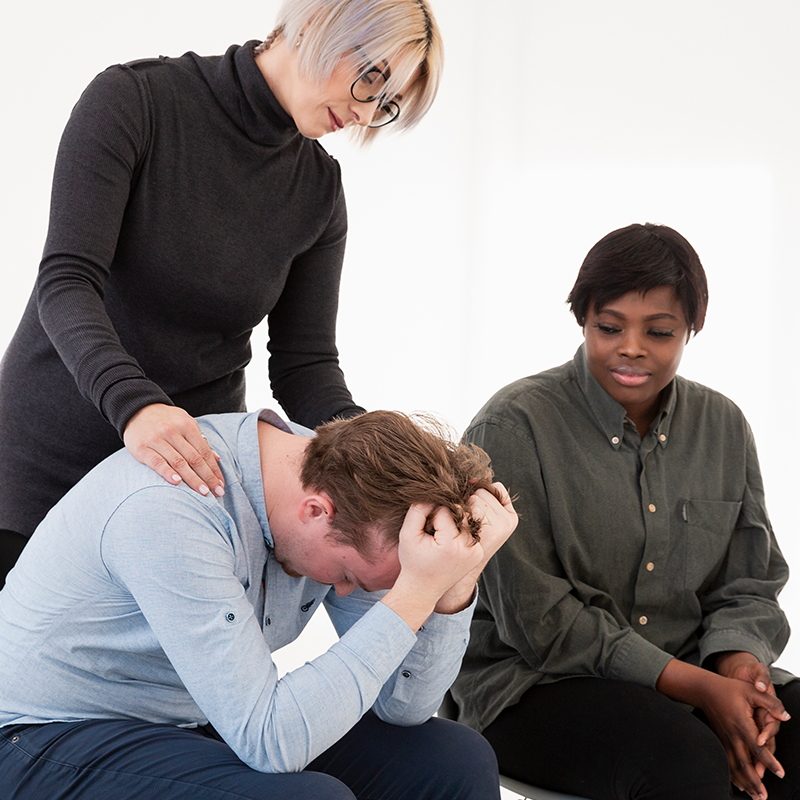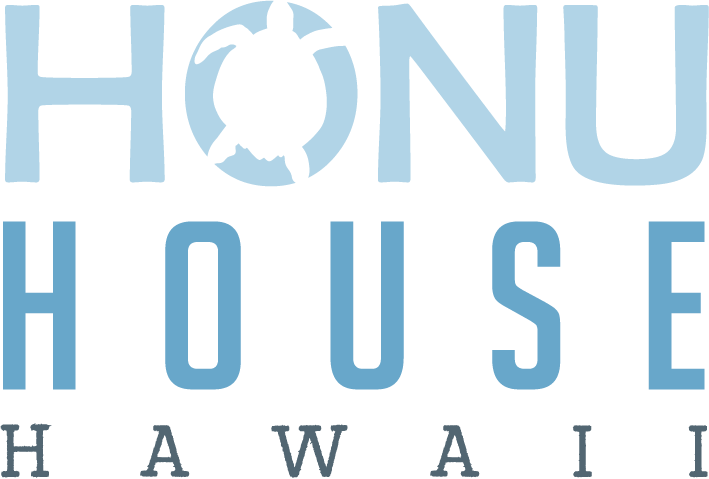
The 5 Stages of Mental Health Recovery on the Big Island
-
By John Burke
-
July 24, 2022
Are you living on The Big Island and found yourself searching for “mental health recovery near me”? You aren’t the only one. Many residents seek help in bettering their mental health. And luckily, there is help nearby!
Mental health recovery can mean different things to different individuals. For some, recovery means no longer presenting or experiencing symptoms of their mental illness. For others, it could be about finally taking control of their lives. Recovery could also be about simply finding new ways to live and experience the lives they have dreamed of, but couldn’t quite attain. If you find yourself seeking solutions for your mental health difficulties, for whatever reason, it’s important to understand that recovery doesn’t necessarily mean “cure”. Instead, mental health recovery is a continuous process that empowers individuals to live meaningful lives with a broad range of tools.
Mental Health Recovery Near You on The Big Island: It’s Possible!
Recovery might initially seem intimidating, especially for people who haven’t worked through their mental health concerns yet. Doing something new can feel scary. But trust us, it’s not!
It can also be intimidating if someone has tried before and had poor or off-putting experiences. We wholeheartedly encourage you to keep an open heart and an open mind. Sometimes, the “help” we thought we were getting in the past simply wasn’t right for us. Unfortunately, it happens sometimes. But this in no way means that the help you are about to receive isn’t the life-changing medicine you need. Don’t give up!!
You are not alone. You do not need to do any of this alone. Instead, you can do it step by step with the help of a caring, understanding professional. If you’re looking for mental health recovery near you on the Big Island, we want to walk you through some of the stages of seeking and receiving help so you can know where to get started and what to expect.
Starting treatment
First and foremost is the act of awareness. The first step in this journey is understanding and acknowledging that there are problems with your mental health and that you might need help of some kind. Maybe you are noticing things that never used to be a problem, or perhaps symptoms that were manageable in the past are worsening, causing you more pain, stress, anxiety, or difficulty in various parts of your life. Many people will notice that they have started (or have been for a long time) self-medicating. It’s not easy to admit that you need help, but it’s a significant step to mental health recovery. None of us can really get the help we need if we don’t first admit that we are struggling. That little search you did, looking for ‘mental health recovery near me’ is a step in the right direction. We are glad you are here. And you’ve already started the first step, so you should feel proud of yourself!
Mental illness education
The next step is discovering what your ‘condition’ is. Oftentimes people will start by making an appointment with their primary care provider. A small discussion about your mental health will likely lead to a referral with a professional mental health expert. When visiting with a professional, they will ask questions about you, your life, what you struggle with, and what you hope to gain from treatment. All of these questions are to help the professional start to narrow down what the main problem you might be suffering from is.
The term “mental illness” covers a very broad range of experiences. And it’s a loaded word, one that can cause people to put off seeking help out of fear of having “mental illness”. But here is the thing: it’s not what it sounds like, and it doesn’t deserve the stigma that is attached to it. Struggles with mental health are not the fault of the individual, and they are not a sign that something is “wrong” with them. It simply means they are struggling and deserve help. Diagnoses run the gamut from depression, anxiety, stress, ADHD, trauma, and insomnia, to bipolar and schizophrenic, and many things in between. What is important is that you not try to diagnose yourself. Instead, make note of the things that you struggle with, make an appointment with a professional, and be prepared to discuss them openly when you are in their office.
Once you and your medical specialist have determined a likely diagnosis, they will assist you in making a plan. Sometimes this will be as simple as medication. Other times it will be a specific form of therapy, depending on whats needed. And with any luck, you will have landed a holistic doctor who understands that treatment works best when all parts of the person are treated, as opposed to just one part. Changes in diet, exercise, social dynamics, and useful techniques like guided meditation or breath work are all aspects of healing that can go a long way to bringing new life to your mental health.
Making a change
The road to mental health recovery requires making significant changes in your life to help you cope better. This could mean having the right support system in place. It could also be having a healthy home environment to encourage healing, or cutting toxic people and relationships out of your life. You might also need to make big changes to your lifestyle. For example, if you have an addiction problem, you must stop going to places that encourage or tempt you into drinking or using drugs again. Basically, you will be making positive changes in your life. This might sound alarming, but trust us. If you want to feel different, you need to do different. Not everything has to change, especially the things that are already working for you. And ultimately, the willingness to change will be relative to how much relief and happiness you want to experience, which will always be up to you.
Finding new meaning
Recovery also means doing new things to help you find joy in the little things again. Along the road to mental well-being, many people discover new hobbies or take on new responsibilities, things that stimulate or enrich their lives in unforeseen ways. This part of your recovery is crucial because it will build your character, as well. Plus, it can introduce you to communities that share your interests and values, possibly creating new and valuable support systems for you. One of the least talked about and yet most important aspects of living a healthy life is connection. Surrounding ourselves with kind, supportive, interesting people will feed us and nurture our wellbeing in a way that no other medicine can.
Sticking with recovery
Finally, you will have to devise a plan for your recovery and stick to it. Of course, there will be times when it gets difficult. Life gets busy, the responsibilities pile up. But you will be taught valuable skills during treatment to help you cope.
Something we haven’t yet mentioned is the option to attend in-patient treatment for mental health well being. While visiting doctor’s offices is a solution that many people take, there are just as many individuals who would truly benefit from an extended stay at a holistic wellness center. Investing in a program like this allows you to be immersed in a new way of life, surrounded by support, guidance, and all day, every day access to tools. These types of programs have radical, life altering results, and can’t be recommended highly enough.
Where to find a mental health recovery near me?
You always have a choice when it comes to improving your mental health. Many centers can help you with any kind of treatment you might need. And if you’re on the Big Island and you’re wondering, “where’s mental health recovery near me?”, Honu House Hawaii is here and ready to help.
Our luxury residence is a holistic wellness recovery center, aimed at addressing every aspect of each person’s mind, body, and spirit. Our focus is never on just one aspect of your discomfort. It is about treating the root causes and conditions, providing you with natural, sophisticated techniques that rocket you into a new level of being. We have a dedicated team of mental health experts, as well as therapies that range from mindfulness and breath work, to adventure and nature therapies, infrared saunas and cold plunges, all while experiencing nutrient dense whole foods and stunning views. You can place your trust in our team to help you get started. Contact us today.
